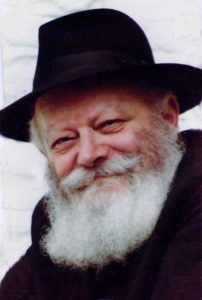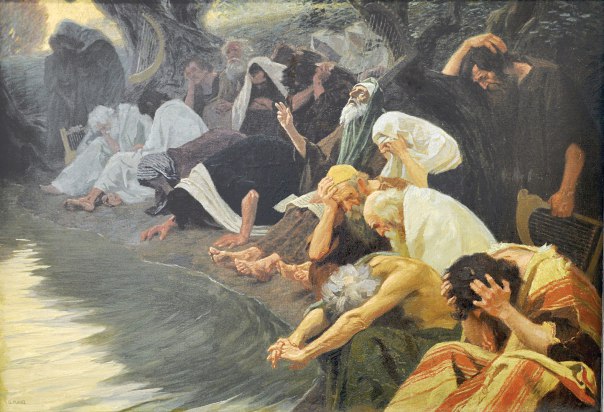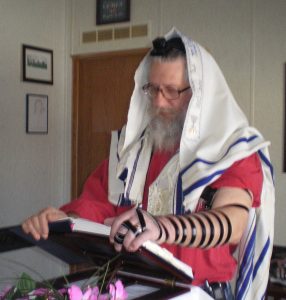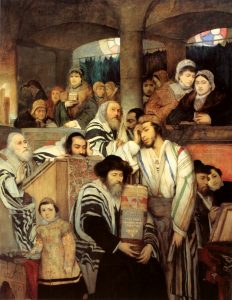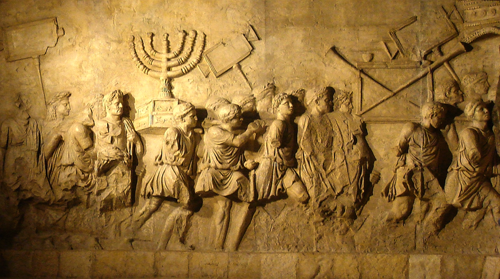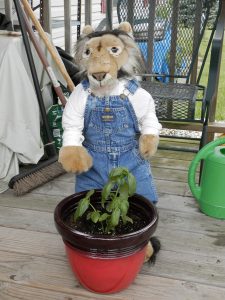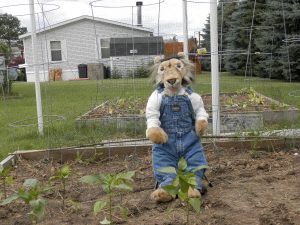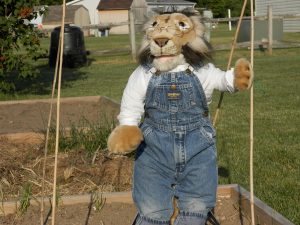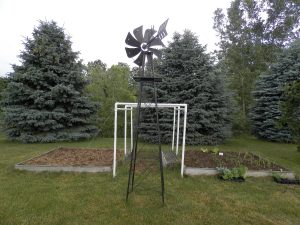By Rabbi Aryel Nachman ben Chaim – 20 Kislev 5772
All souls are comprised of sparks. The sparks composing the soul in this transmigration are not all the same sparks that composed the soul in previous transmigrations. Based on what the soul is to learn and accomplish in the current transmigration determines the composition of sparks.
Sparks are like energy, it is the basis of the souls; just as matter is made up of energies (m-theory, string theory, superstring theory, etc.). Combinations of energies form protons, neutrons, electrons, isotopes, quarks, leptons, etc. Combinations of protons, neutrons, etc. form Elements. Combinations of elements form molecules. Continue to combine and we get to this corporal world as we know it.
The sparks were created by HaShem manifesting out of Ein Sof (B”H). The sparks are then combined to form the ruach, nefesh and neshomah resulting in the various attributes, and combining the various attributes composes the soul that exists in this transmigration. All this is contained within a vessel, or universe, which composes the physical self.
An element can be changed in and of itself through the process of decay, emission or fission; as inherent within the nature of the element. An element can also be changed by an external source or force; colliders and particle accelerators being the most obvious example. As an example, by simply passing an electrical current through water, you get hydrogen. However, all the components of the element continue to exist within the universe (or vessel) according the first law of thermodynamics.
So too, the soul can be changed by external sources: HaShem can cause a change. Study, knowledge and wisdom can cause a change. Interaction with others, or experiences we have, can cause a change. However, unlike matter and elements; which have no conscious awareness of internal change by decay, emission or fission, we are able to affect changes within ourselves. We, as conscious beings, can accomplish change intentionally by adding sparks, casting off sparks, and rectifying sparks. And, just as with the first law of thermodynamics, the sparks that are cast off, or sparks that are rectified and not incorporated into our being, are returned to the source (B”H).

